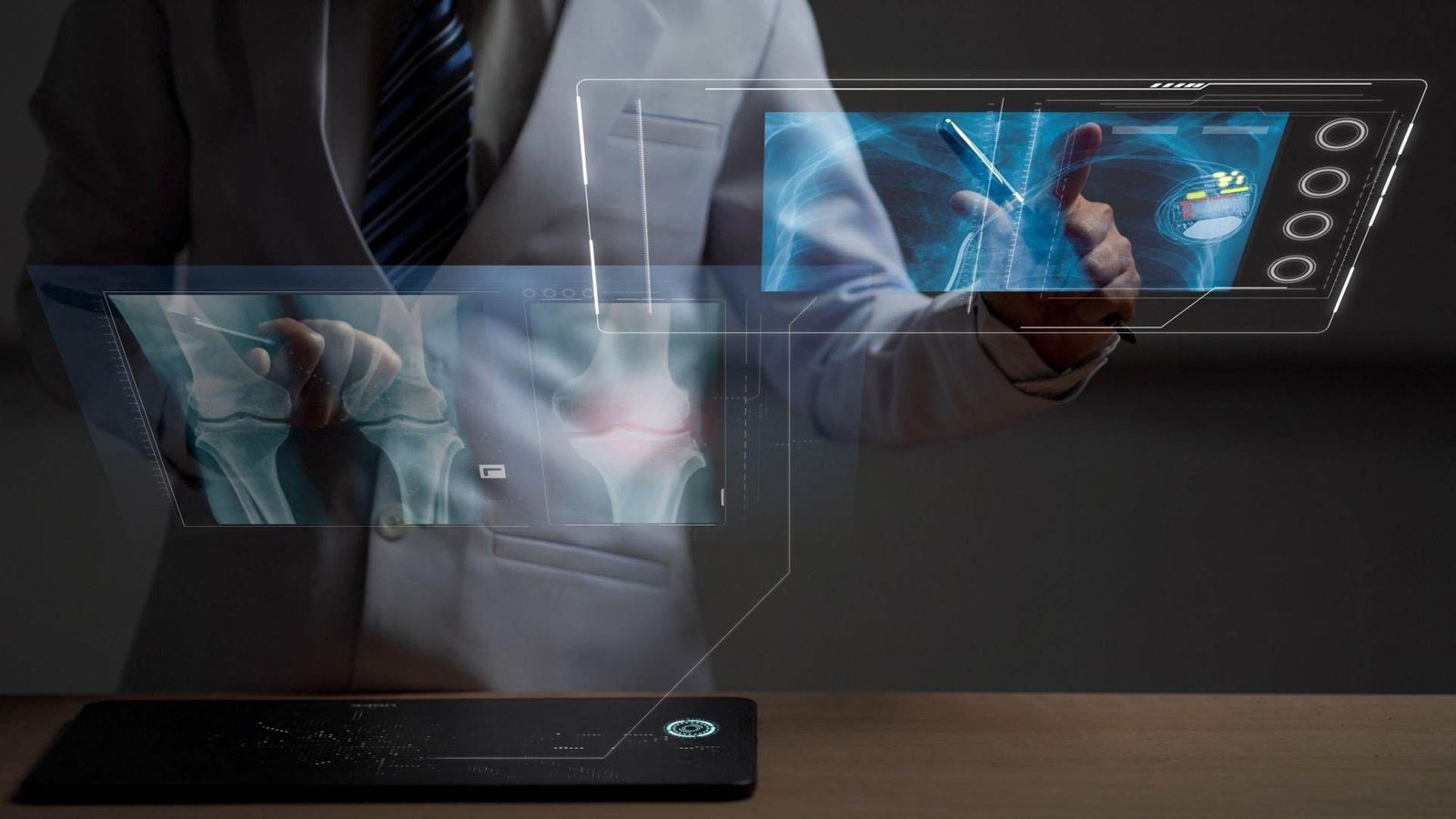Quick Overview
Recent research from Mass General Brigham highlights the potential of large language models (LLMs) like GPT-4 to assist clinicians during physical examinations. This study explores how AI can enhance diagnostic capabilities, particularly for less experienced medical professionals.
Key Findings
- Physical examinations are crucial for diagnosing health issues, but complex conditions may be missed by clinicians lacking specialized training.
- Researchers prompted GPT-4 to provide physical exam instructions based on specific patient symptoms, such as hip pain.
- Three attending physicians evaluated GPT-4’s recommendations on a scale of 1 to 5, focusing on accuracy, comprehensiveness, readability, and overall quality.
- GPT-4 achieved scores of at least 80%, with the highest ratings for “Leg Pain Upon Exertion” and the lowest for “Lower Abdominal Pain.”
Expert Insights
Marc D. Succi, MD, a senior author of the study, noted that early-career medical professionals often struggle with tailored physical exams due to limited experience or resource constraints. He emphasized that LLMs could bridge this gap, providing essential support to enhance diagnostic skills at the point of care.
Performance and Limitations
- While GPT-4 performed well overall, it occasionally lacked specificity or omitted critical instructions, underscoring the importance of human oversight in patient care.
- Lead author Arya Rao pointed out that despite the AI’s strong performance, physician judgment remains vital for comprehensive patient assessments.
Future Implications
The findings suggest that LLMs like GPT-4 could serve as valuable tools for clinicians, helping to fill knowledge gaps and improve diagnostic accuracy in physical examinations.
Research Publication
The study is published in the Journal of Medical Artificial Intelligence, providing a foundation for further exploration of AI’s role in clinical settings.
